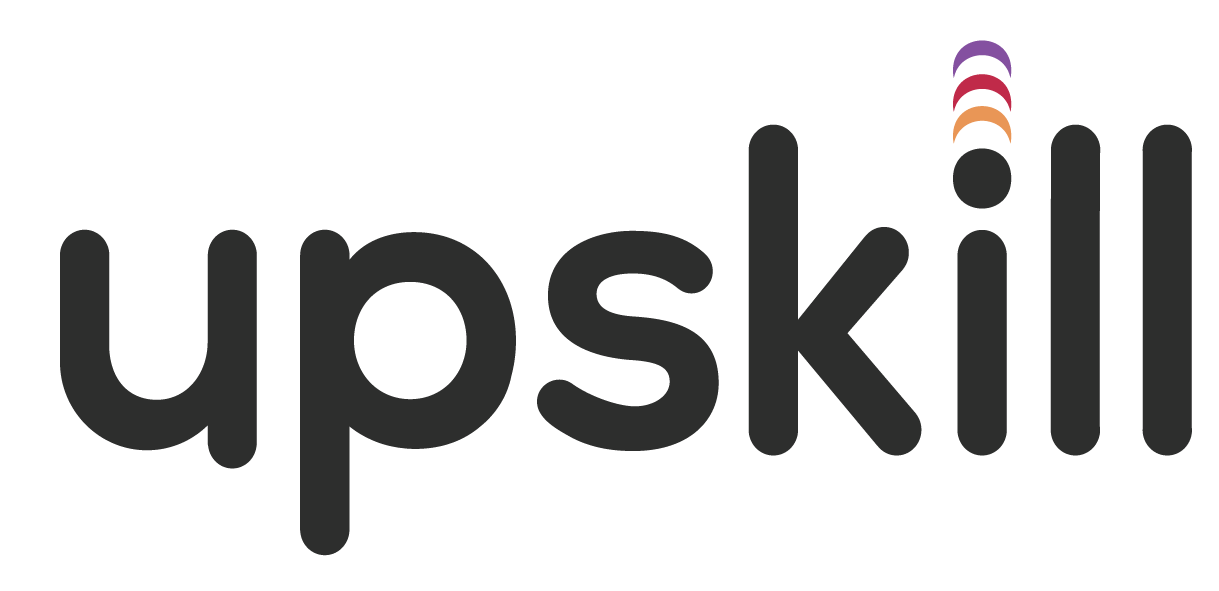Curated content
M-Power Managers Programme
Curated content
M-Power Managers Programme
M-Power Managers Programme
Empowering managers for success in their role
Empowering managers for success in their role
The M(anager) Power Programme is designed to:
Explore our M-Power Packages
M-Power Live Events
Explore our M-Power Managers Programme live events library


